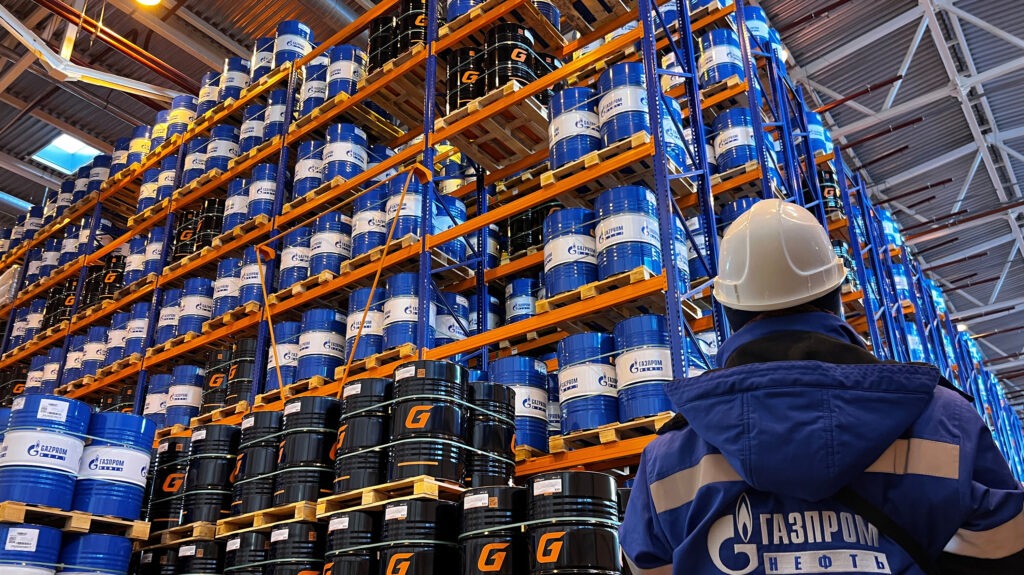The European Union, alongside 12 partner countries, convened in Brussels on Tuesday to assess the impact of Western sanctions on Russia and explore ways to bolster the G7’s price cap on Russian oil. The meeting, led by EU sanctions envoy David O’Sullivan, focused on reinforcing the economic measures imposed to limit Moscow’s ability to finance its ongoing war in Ukraine.
In late 2022, the Group of Seven (G7) nations, in collaboration with the EU, introduced a price cap on Russian oil. This cap restricts access to Western shipping services and insurance for oil purchased above $60 per barrel. The goal was to curtail Russia’s oil revenues, which are crucial to its military funding. However, the measure’s effectiveness has diminished over time as Russia has managed to circumvent the sanctions by assembling a “shadow fleet” of aging tankers, which has raised concerns about increased risks of accidents at sea.
In response, Western nations, including the EU, have intensified their efforts to enforce sanctions by targeting vessels that are defying the cap. O’Sullivan emphasized the importance of relentless enforcement during the meeting, noting that this was the fourth such gathering in Brussels to address the issue. “There is more that needs to be done, and relentless enforcement is where we should all focus,” he stated.
The EU Commission highlighted that Russia has diverted nearly half of its federal budget towards defense and security. Moreover, sanctions have significantly increased Russia’s costs for critical goods, with the country reportedly paying over 130% more for semiconductors and more than 300% for machine tools, largely sourced through Turkey and China.
Looking ahead, O’Sullivan indicated that the EU is considering targeting specific financial institutions and scrutinizing the transit of products from Southeast Asia via China that may be aiding Russia’s military. Ukraine’s presidential adviser also pointed to China as a “major problem,” signaling concerns over Beijing’s role in facilitating Russia’s war effort.
The discussions in Brussels reflect ongoing efforts by Western powers to tighten economic pressure on Russia and close any loopholes that allow Moscow to sustain its military operations.



